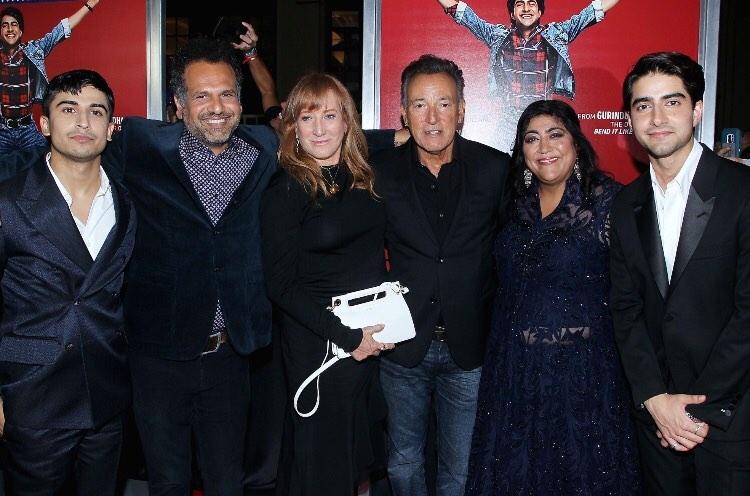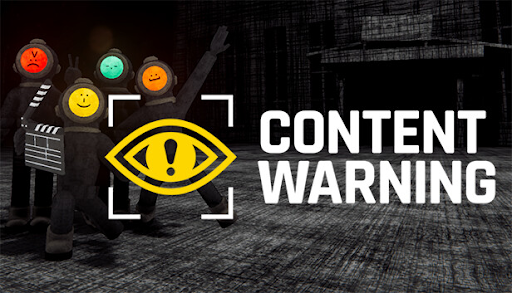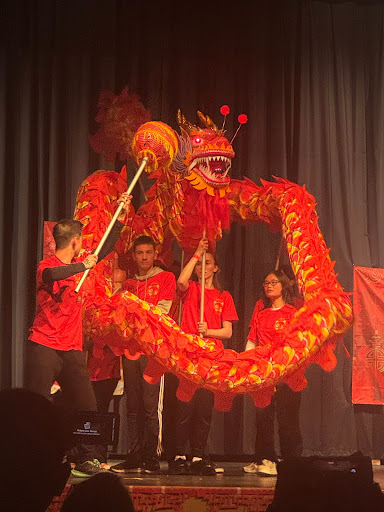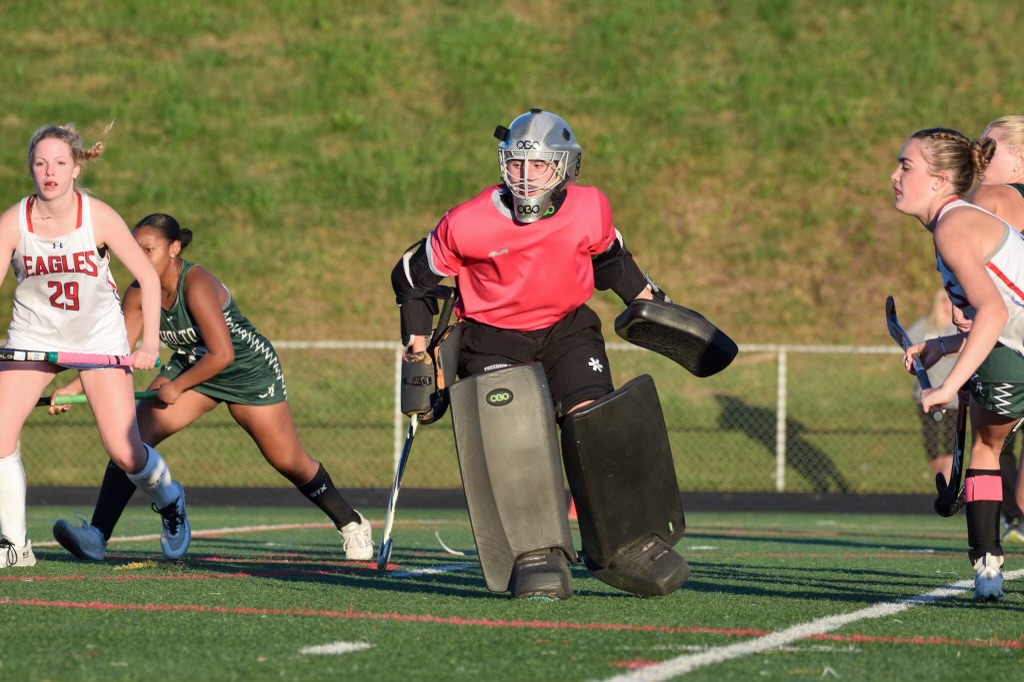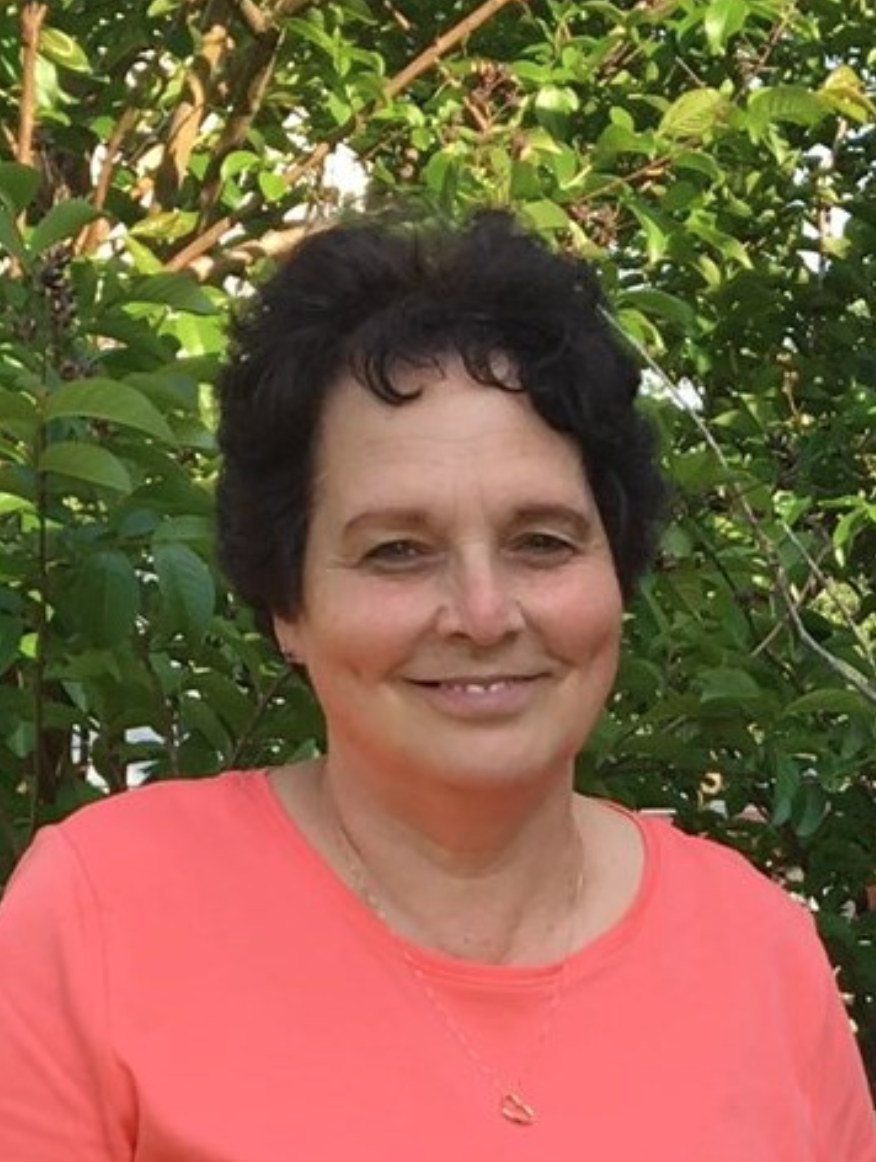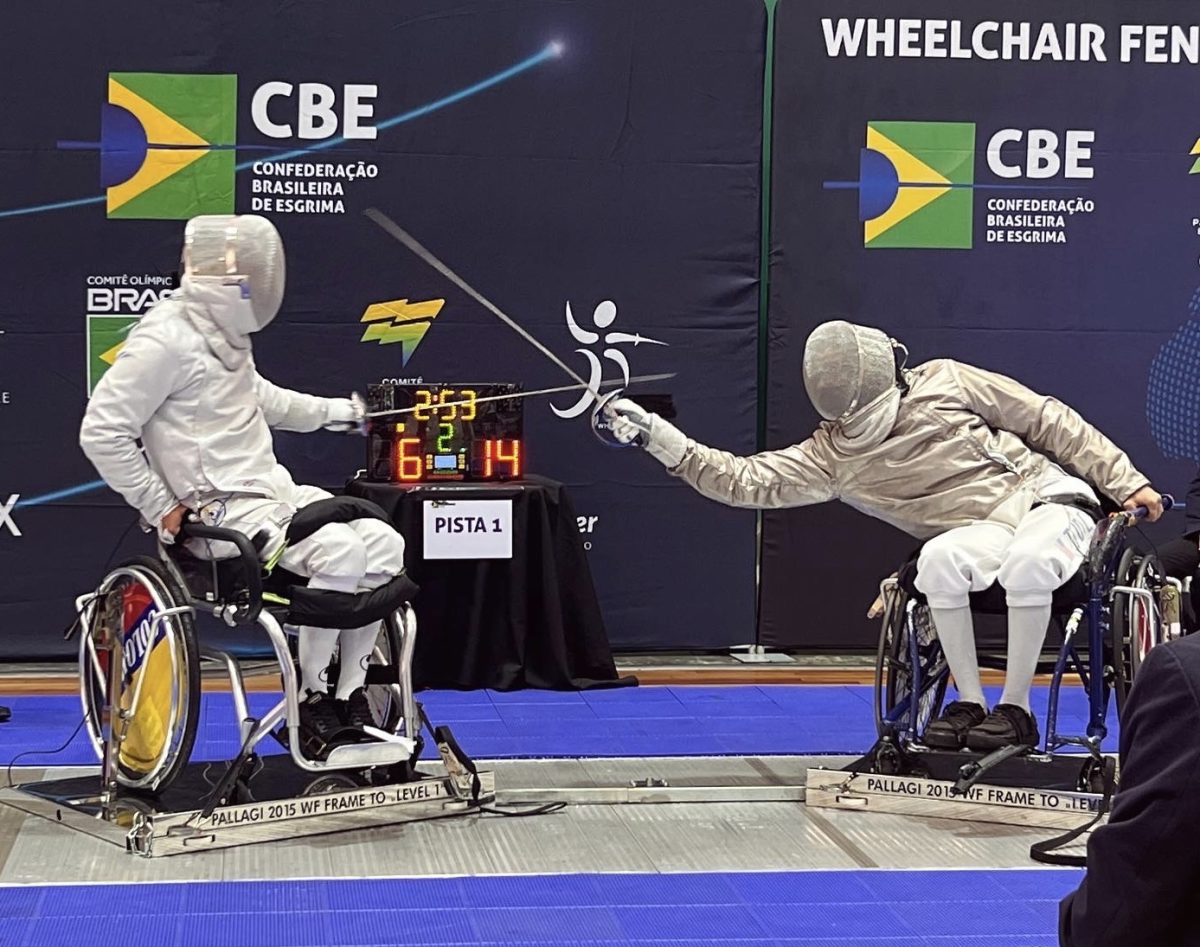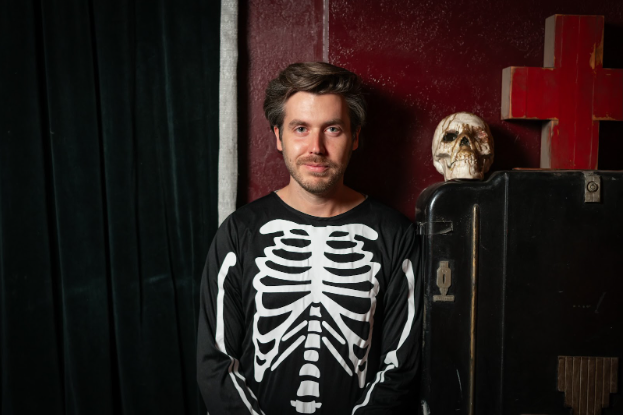Words: Emily Hollwedel
Photos Contributed by: Sarfraz Manzoor
A young Pakistani boy around the age of sixteen is sitting in his room on a wooden chair in the dark. A party, bass thumping, can be heard from a few houses down, a party he can’t attend. He’s holding a cassette tape in his hand with the words “Bruce Springsteen” and “Born in the USA” written across the front. A friend from his class, whom everyone calls Roops, lent it to him. He’s skeptical: what could this rock star know about his life, his struggles? He’s in Luton, England, an ocean away from anything American. He’s brown and Muslim. In his other hand he clutches a Walkman, ready for use. He slowly slides in the cassette, and presses play, fast-forwarding all the way to ‘Dancing in the Dark.’ The song begins— the Earth shifts.
Blinded by the Light, directed by Gurinder Chadha, tells the story of this boy, Javed Khan, who is rather detached from his predominantly white community in 1987 Britain. It details his writing, his life, and how Springsteen changed all of that.
Above all, what makes it appealing is that it’s based on a true story. When writing his memoir, Greetings from Bury Park, journalist Sarfraz Manzoor reached out to Chadha and together they fleshed out a movie concept, and the project took off from there.
In an exclusive Wingspan interview I had the pleasure of interviewing Manzoor about his experiences with the creation of the film, Springsteen’s music, and more.
WS: How did music, specifically Bruce Springsteen, help you cope with your struggles and your life?

SM: Well, I guess it was just the fact that when I was growing up, there wasn’t really anybody I could look to, who could give me hope that there was a different way of life or a different route out of where my life was… I had no role models of anybody who could do anything different, and so I didn’t really feel like anybody who came from my background did anything interesting. And I guess when I listened to Springsteen I was like… his songs are about [working-class] people exactly like me, but he still has hope… I needed that at that time, you know?
WS: How did you feel when you saw the movie for the first time?
SM: To be honest, the first time I saw anything… it was the trailer… I just went absolutely ecstatic because this was even before the film. But having been on set, you see actors doing their scenes and stuff… I went ‘Oh my God. This actually looks like a real film’… when you suddenly realize this is no small deal here, we’re not mucking about. The other part that was weird is that you’ve got all these people who didn’t grow up in [Luton] who didn’t live my life, who all suddenly feel like they’ve got a connection to it. They’re like, ‘Oh my God, this dad reminds me of my dad’ and I’m like, ‘Well, that’s kind of not really possible, because it’s my dad I’m talking about’… the fact that this film is showing all across America; it’s actually just opening in France. I’m getting messages from Argentina and Israel [of] people saying they’re watching the film… it’s that moment where you realize the film is way bigger than just me.
WS: Growing up, I saw very few examples of positive South Asian representation in cinema… what kind of impact do you think that Blinded by the Light will have in terms of Asian representation?
SM: I think it’s already had that. I’ve had loads of people from the Asian community, saying, ‘Thank you for telling a story, I see myself in this film’… It was really important that the parents [in the film] were sympathetic, that they weren’t just simplistic monsters. Obviously, they see the world differently than Javed does, but you also see them struggle, you see them work, and you see them as decent people who in some ways are trying their best. [This film] shows that… you don’t have to necessarily make films that are niche just because you’ve got nonwhite faces in the film.
WS: What has the experience of this movie being out been like for you?
SM: It’s been an emotional rollercoaster, it’s been a dream, it’s been really, really emotionally powerful to share a story that’s very small and specific with the world. And it’s also been a dream come true— a month ago today, I was in Asbury Park for the premiere, and Springsteen turned up. Who would’ve thought when I was sixteen that Springsteen would turn up for the premiere of my film? There are certain things which are so crazy and really hard for the brain to take in, and that is one of them.
WS: What do you hope that people will take from this film?
SM: I hope that if they’re not already Bruce Springsteen fans, [that] they’ll give him a chance. I hope [that] they realize all of us have got more in common than what divides us— that race and religion and nationality are just labels, but actually underneath it, we all want to make our parents proud, we all want to make our dreams come true. And I also hope that it might help the next time somebody— a politician— tries to exploit hatred of Muslims and tries to make that a political thing to try and get votes from, I hope somebody will say ‘You know what? I remember watching this film with some Muslim characters and they seemed really nice; I’m not gonna go along with this sort of witch hunt and hatred because the truth is not what these politicians are telling me.’
WS: The whole movie focuses on the impact that music can have on an individual. What do you think makes people connect with music in such a way?
SM: What Bruce does, and I think that it’s something that the best people do, [he writes] really specifically about [his] life [and his] experiences, but [he does] it in such a way that people feel they can see themselves in the story. If you think— he’s talking about Asbury Park, he’s talking about the specific factories, he talks about the New Jersey Turnpike— they’re not just generic roads or generic towns, they’re actually specific places. But he does it in such a way that you think, ‘Oh wow, that could be a bit like my town!’ So the trick is that he is very, very specific, and by being specific it becomes universal… he creates this world, and it’s really detailed, and in that world we see ourselves.
To listen to a behind the scenes interview with the author, Emily Hollwedel, click here!
To view the entire November issue, click here!
For more breaking news and photos, follow The Wingspan on Instagram and Twitter @CHSWingspan.
